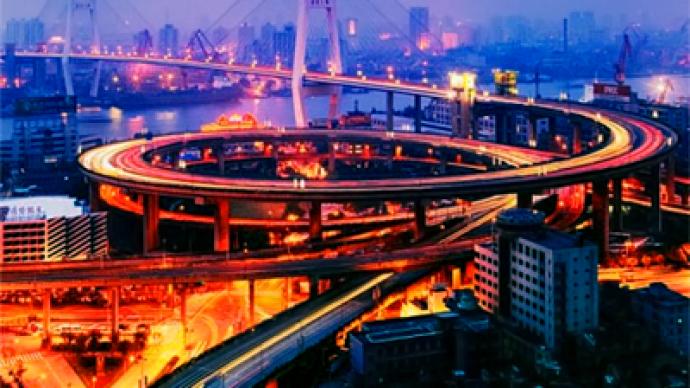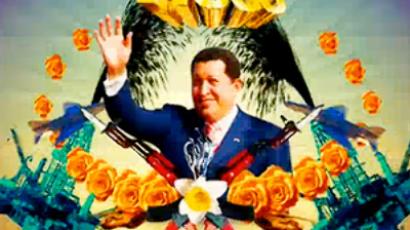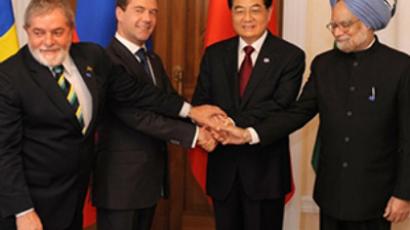An ‘end of history’ for liberal capitalism?

Liberal democracy is all there is argued political economist and author Francis Fukuyama in 1992. Fukuyama’s theory claimed that neoliberal economic policies and liberal democracies were the “universal consensus.” But, much has changed.
“For when China wakes, it will shake the world,” Napoleon Bonaparte famously declared more than two centuries ago. But some economists say that American politicians thought they would have a little more time to hit the snooze button. A report released by the International Monetary Fund (IMF) this month said that China will overtake the US economically by 2016, in just five years. Typical comparisons of the American and Chinese economies are based in exchange rates, but China keeps its currency, the Renminbi, artificially low. The IMF instead based its calculations in purchasing power parity, stating that “the Chinese economy will expand from $11.2 trillion this year to $19 trillion in 2016. Meanwhile the size of the U.S. economy will rise from $15.2 trillion to $18.8 trillion. That would take America’s share of the world output down to 17.7 percent, the lowest in modern times. China’s would reach 18% and [continue] rising.”20 years ago, political economist Fukuyama wrote that economic and political liberalism represented “the end of history.” “Liberal democracy is really all there is now,” Fukuyama said in an interview with CSPAN in 1992. “What I was referring to was the growth of a universal consensus on the justness and the rightness of the principles of liberal democracy, and that was a remarkable fact about our world.” Just ten years ago the US economy was three times the size of China’s. Dr. Fukuyama launched his newest book, “The Origins of Political Order: From Prehuman Times to the French Revolution,” in the context of a very different economic and reality in Washington this week. “China is an authoritarian but half-capitalist country growing like gangbusters,” Fukuyama said April 25. “They can do all of these big infrastructure projects very efficiently.” But economist Mark Weisbrot, co-director of the Washington-based Center for Economic and Policy Research, said 2016 is a conservative estimate. “In more realistic terms, China will pass us up a little bit sooner than that,” Weisbrot said. “And that's only five years—I think this has huge implications.” Some economists said that the US’s neoliberal policies—such as deregulation and tax breaks for big corporations—have created a huge wealth gap in the US and held American development back.“This doctrine that you need to liberalize and open up and privatize your economy to the maximum extent, that's done huge damages,” said economist Ha-Joon Chang, author of “23 Things They Don’t Tell You About Capitalism.” China’s rise flies in the face of Fukuyama’s theory, argued Weisbrot. "China is definitely a refutation of the idea that neoliberal economics is what works. Here's an economy where the state controls not only the banking system, most of the large corporations, they control investment, which is twice as much as a percentage of GDP as in the United States. And this is the fastest growing economy in the history of the world," he said. The Chinese economy is said to have lifted 300 million Chinese out of poverty. Meanwhile, the number of Americans living in poverty increased from 31.1 million to 43.6 million in just ten years, according to the US Census Bureau. Asked if he would revise his theory based on these figures, Fukuyama said, “It’s hard to say. I will still bet on a system of checks and balances over even a good quality authoritarian system.” Journalist Pepe Escobar from the Asia Times said Fukuyama’s argument was a stupid portrayal of civilization. “I recommend Fukuyama eat a Cesar salad for life,” he said. “It’s not only these words but his absolutely stupid concept of an end of civilization.”“This is not about democracy,” he added. “If you ask any head of government in any developing county they will point us to the Chinese [authoritarian] model as a result oriented model.”














